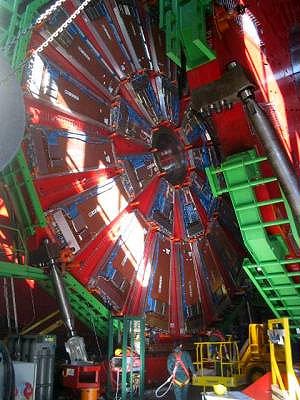Do you ever wonder why billions of dollars gets spent on one type of scientific research, and not another?
A few months back there were media reports of a cat, which had just completed a 3000 kilometer journey from the top of Australia to the bottom. No one knows for sure, because cats are not great at communicating with humans, but the assumption is, it walked! And to avoid the harsh desert climate in the middle of Australia, it may have walked around the edge, covering way more than 3000kms.

If my memory is correct, the cat belonged to a family which moved from South Australia to the Northern Territory, and seeming not to like it’s new home, it walked back to the old one.
I think stories like this are not so unusual. Animals seem to be able to sense where they are, and where they’ve been. I guess homing pigeons are the perfect example.
And yet, to the best of my knowledge, there’s almost no meaningful research into how they do it. Just some vague comments about how they can sense the earth’s magnetic field.
Yeah, so can a compass. So, if I gave you one, took you to the bottom coastline of Australia, and then flew you to the northern coast, could you walk back? Even reading road signs and asking for directions, something which cats don’t usually do, I doubt you’d get back to the exact point of departure.
With any GPS device, you could do it easily. Well, you can’t call walking across Australia “easy” but the navigation part would be a breeze. But think about the math that’s involved, and the type of calculation the cat would have had to have done in order to make a trip like that. Is a cat that intelligent? Cat lovers are nodding. I’m shaking my head from side to side.
GPS devices receive signals from satellites. Supposedly the earth’s magetic field is not strong enough or reliable enough for accurate navigation. Hence, to use a famous Malaysian phrase “So how?”
Did the cat communicate with other cats along the way? I doubt it, but if so, I’d like to know how. And that would have been a strange conversation, given that the cat had flown north, and wouldn’t really know what to ask.

So, here we have something I think is really worthwhile researching. Maybe if we knew how animals navigated, we could unlock the same “feature” in the human brain. Then we wouldn’t have to rely on a satellites controlled by the US military in order to get from A to B.
Meanwhile; billions are being spent on looking for something called a Higgs Boson. To find this hypothetical elementary particle needs the largest and most complex device ever built by humans. And if this particle is ever proven to exist, scientists may be able to understand the origins of the universe, thus affording us all a good night’s sleep.
Actually, not knowing the origins of the universe probably only disturbs the sleep of Steven Hawking. So why spend all that money on something which has a very limited benefit to mankind? Now, that could keep me awake.
